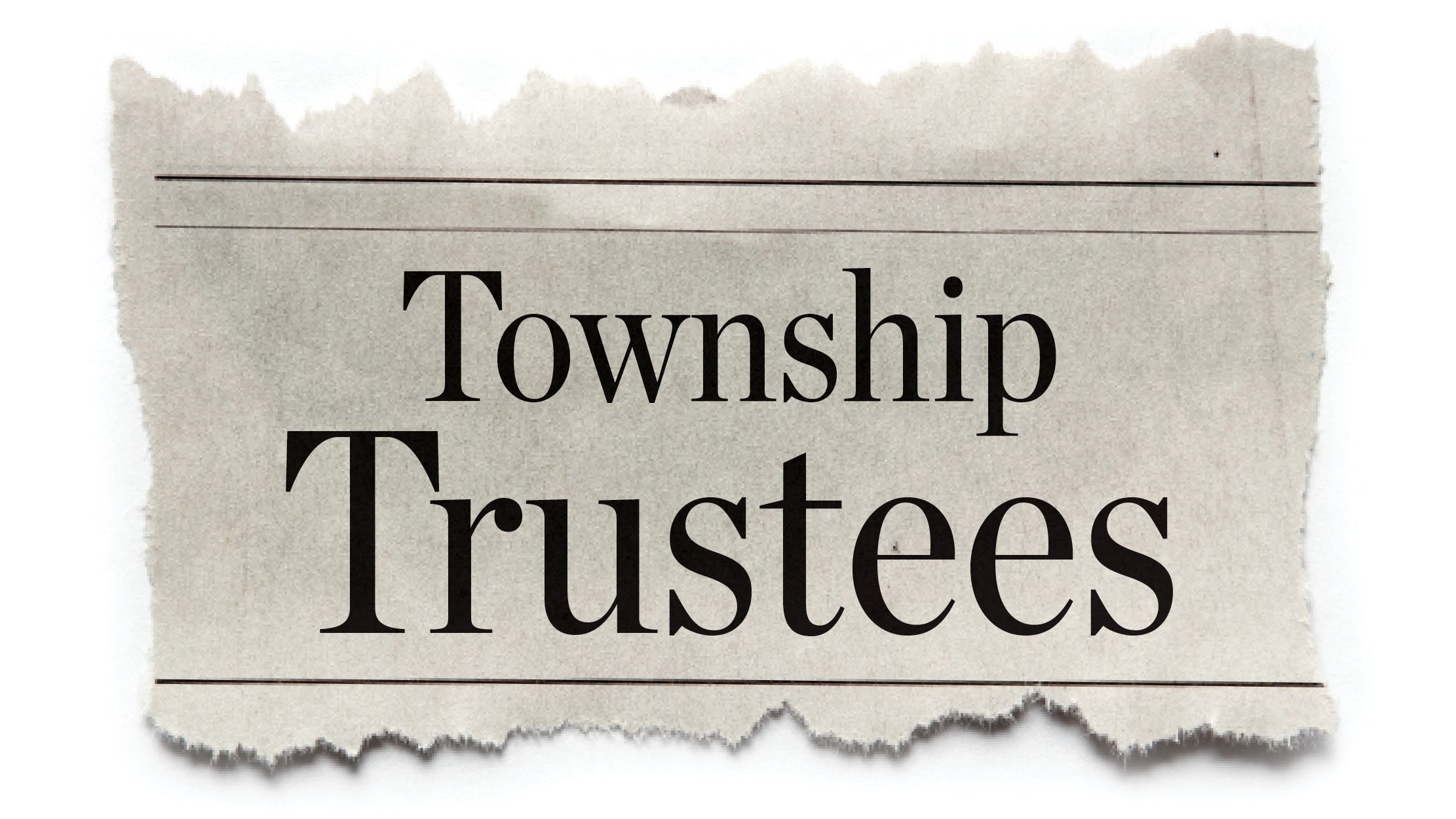Area code ‘scam’ resurfaces in county
Published 10:38 am Friday, October 16, 2009
IRONTON — Have you checked your e-mail recently?
Inboxes throughout the county have been inundated by e-mails warning “New Area Codes — Do Not Call, Do Not Answer” referring to both incoming and outgoing calls to and from the 809 area code.
The e-mails appear just like all the rest of those “urban legend” e-mails that friends, co-workers or even complete strangers dump into your mailbox.
Except this one is not an urban legend. It is real, however highly exaggerated.
Here is how it works.
The 809 area code scam starts with an unsolicited phone call.
It can also be a message left on voice mail or a missed call on a cell phone. The caller subsequently tells the recipient that they have won a special prize or a family member has been sick or killed or some unpaid debt is owed.
The message then says to call a number with the 809 area code for directions or further information. The 809 area code is the Dominican Republic.
By calling that number the caller ends up forfeiting their phone service to a more expensive foreign source and phone service.
That source starts billing your local phone service for international calls and ends up having to pay for those calls — reputed to be as high as $2,425 per minute.
So what’s the story?
Variants of the 809 area code scam alert have circulated via e-mail since the mid 1990s.
Albeit overblown and inaccurate in certain respects (the “809” area code has been around for years) the message describes a real scam in which consumers are tricked into dialing international phone numbers and racking up unexpected long-distance charges.
The 809 area code scam works because a few regions outside the U.S., including the Caribbean and Canada can be dialed directly without the usual “011” international prefix.
“809” is the area code of the Dominican Republic. “284” is the area code of the British Virgin Islands. “876” is the area code of Jamaica.
Even though they carry a three digit area code prefix, these numbers are not subject to U.S. laws, so there is no legal requirement to inform callers in advance of any special rates or fees just like with “900” numbers.
There is also no requirement that the company provide a time period during which a caller may terminate the call without being charged.
Further, where as many homes in Lawrence County have “900” and “976” lines blocked to avoid these kind of charges, it does not work in preventing calls to the “809” area code.
When recipients call back, they are kept on the line for as long as possible to run up additional charges.
The bill for such a call can be substantial (though not nearly as high as $2,400 per minute claimed in the e-mail circulating throughout the county).
So how do you prevent it?
Do not respond to e-mails, phone calls or web pages that tell you to call an “809” area code phone number. That is the simplest way to avoid any problems.
It is important that you prevent being a victim of the scam because once a bill is generated it is done by your long distance provider on behalf of the foreign company and that is who callers will end up having to deal with.





